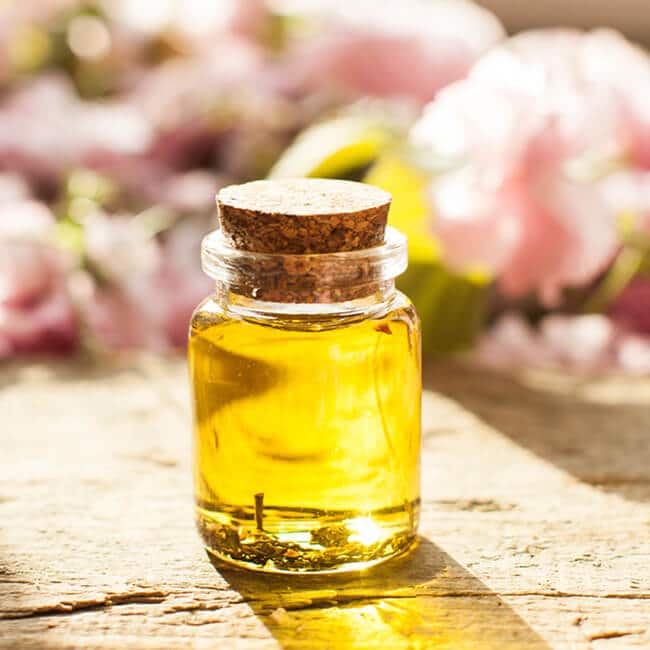
Essential oils expire when exposed to sunlight, when they come into contact with essential oils of different types, and when their potency decreases over time.
How To Tell If Your Essential Oil Is Expired
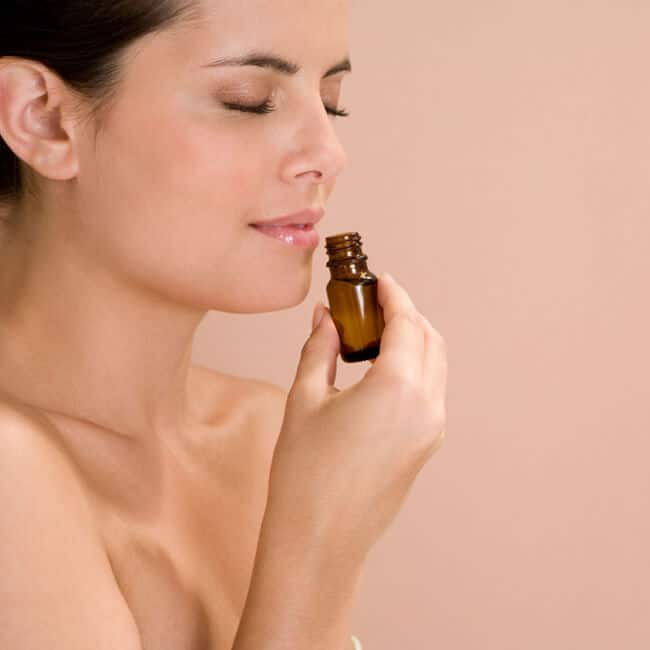
You can tell that your essential oil is expired when the color, fragrance, or clarity has changed. The stronger the essential oil’s odor is, the more potent it is said to be. How long your essential oil will last depends on how frequently you use it and the storage conditions.
If you have not used your essential oils for a long time, or if you bought it quite a while ago, it might be expired. You can check this by smelling and feeling it.
Throw away your essential oil if it is darker in color, smells different, or has changed its consistency. This could be an indication that bacteria and contaminants have started to develop in the bottle. Oils that have high levels of esters will darken in color when they are exposed to UV light and high temperatures.
Another way to tell if the oil is no longer effective is by its smell and taste. After a while, drying oils will lose their taste.
The Average Life Span Of Bottled Essential Oil
If you are using natural essential oils in your blends they have a shelf life of at least one year. So if you notice that the smells are not as strong as before, it is likely time to replace them.
Is It Safe To Use Expired Essential Oils?
Expired essential oils should be used in a diluted state. They should not be used on their own, and should never be swallowed.
You can use your expired oil for blending or skin cleaning purposes, and you can also add them to the mixtures that you are going to make. Be careful not to overdo the ratio of essential oils when using your expired oil, as this can result in irritation of the skin. More Tips To Keep Your Oils Safe
Proper Types Of Glass Bottles To Store Essential Oils
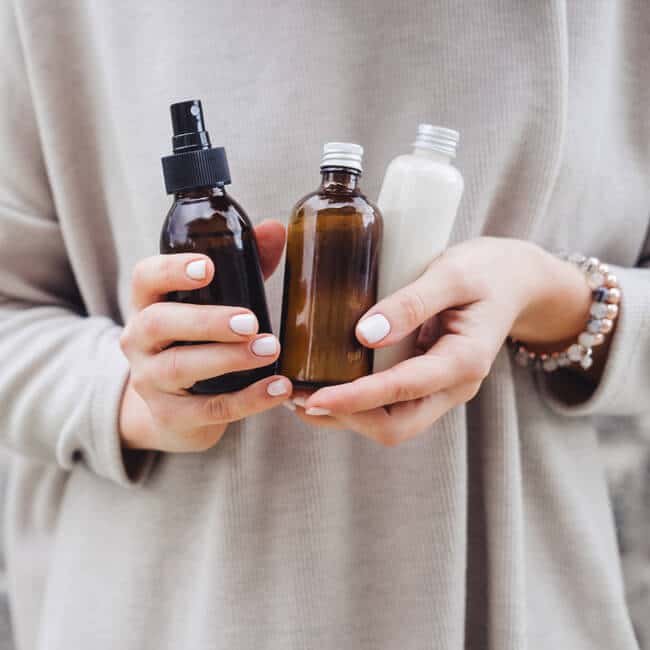
If you have lots of essential oils to store, it might be best to buy dark-colored amber or blue-colored bottles. This helps minimizes the impact of light and UV exposure. Some essential oils are more sensitive than others, so choose your bottle color wisely.
If you use a glass container, make sure that it is well sealed. Also, do not store your oils in places that are very hot because this could also help shorten their shelf life.
Essential oils expire faster in clear bottles because they are exposed to more light.
Some essential oils are more sensitive than others, so it is, therefore, important to be aware of the shelf life of every oil before you use it.
For example, citrus essential oils have a shorter shelf life than some other types of oils. On the other hand, oils like clove and sandalwood are known to last for years without losing their potency.
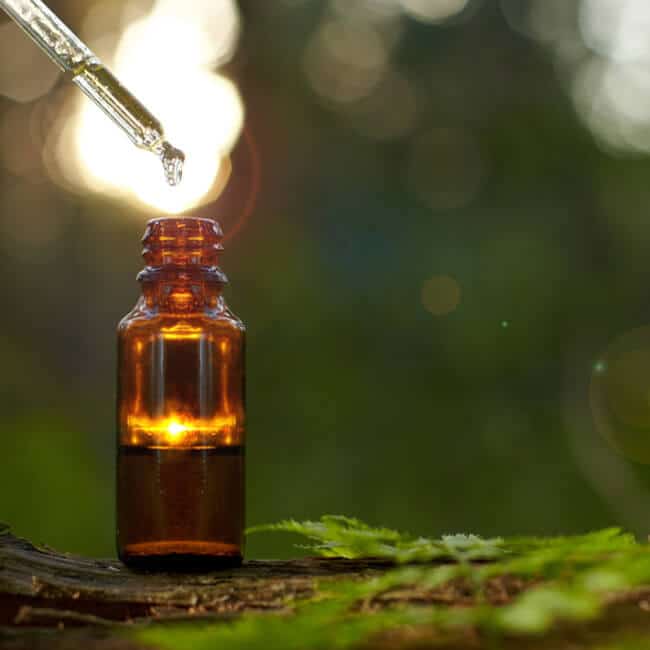
Types Of Essential Oils Last The Longest Before Expiring
Lavender Essential Oil
This type of essential oil can last for 2-4 years. Lavender has a long expiration date. Some experts say that it is safe to use expired lavender at the rate of 2-4% in your blends. However, most people agree that this does not mean that you should use it at any rate. Experts say that making blends based on the lavender essential oil, including in bath soap and body lotion, can help your skin retain its moisture level throughout the day.
Experts also agree that you can use lavender essential oil as long as it meets all requirements specified by the manufacturer.
The History of Essential Oils
Essential oils can be traced back to the times when people used herbs and plants for healing and fragrance. It is said that essential oils were first used by the Egyptians. The ancient Egyptians thought that the aromatic oil was emerging from a divine plant. Since then, essential oils have become more popular throughout history. The ancient Romans are also said to have used these essential oils during religious ceremonies and rituals.
There have been no remains of essential oils that date back to this time because they did not exist in a concentrated form. The ancient Egyptians made use of the individual parts of plants such as petals, seeds, roots, leaves, and resins to make fragrances for medicinal purposes. In the years that followed, people started extracting these compounds from plants.
The term ‘essential oil’ was first mentioned by Claudius Galen in 200 AD. In the years that followed, essential oils became more popular because of their healing properties and fragrance. In the Middle Ages, monks collected fragrant plants in order to extract essential oils.
In the Middle Ages, plants were not available in large quantities, and extracting one pound of essential oil took months of work. Only a few aromatics were used for fragrance and medicinal purposes, but now there are more than 10,000 compounds with aromatic properties.
The demand for essential oil increased as a result of the invention of distillation by alchemists in medieval times. Essential oils were also used by royalty and the aristocrats as perfumes.
In the 16th century, French apothecary Rene Thevenot published a book about aromatic plants called Aromatum et Infusorium Quae Ex Solidis Extracta. The book described 481 plants in detail, which is why it is referred to as the “bible of perfumery.
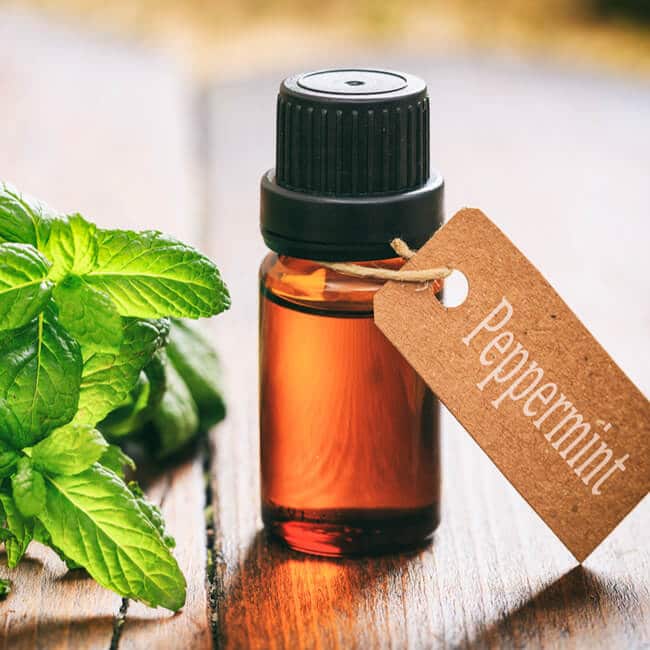
Peppermint Essential Oil
This essential oil has a short shelf life. Most experts say that you can use it for 1-2 years – provided that you use it often and store it properly.
Eucalyptus Essential Oil
This oil can last for 1 year when stored properly. Eucalyptus Essential Oil has a short expiration date because it is said to have weak volatility. Therefore it can easily lose its potency if stored for a long time. However, some people claim that you can use eucalyptus essential oil even after its expiration date. Many people say that you can use it at the rate of 1-2% in your blends, especially if you are not making 100% eucalyptus blends.
Some experts agree that eucalyptus essential oil is safe to use even after one week of expiration.
Rose Essential Oil
This oil can last for 2-3 years if you store it under perfect conditions. Rose essential oil can last for a long period of time because it has a strong molecular makeup. Some experts say that you can use it for up to 5 years, and some people say that they have been using their bottle for far longer than 5 years. However, most vendors agree that you should only use it for about one year.
Some people think that the best way to store rose essential oil is in a dark glass bottle because light exposure can affect its shelf life. Rose essential oil should be stored away from extreme temperatures, as this could cause the scent to lose its potency.
Jasmine Essential Oil
It is recommended that you use them within 1 year to make sure that they are safe to use. However, some brands claim that they could be stored safely for up to 4 years without spoiling.
Ylang Essential Oils
Ylang is a rare essential oil that’s good for your skin, hair, and health. It can last up to 5 years, however, most experts agree that it should be used within 1 year of purchase.
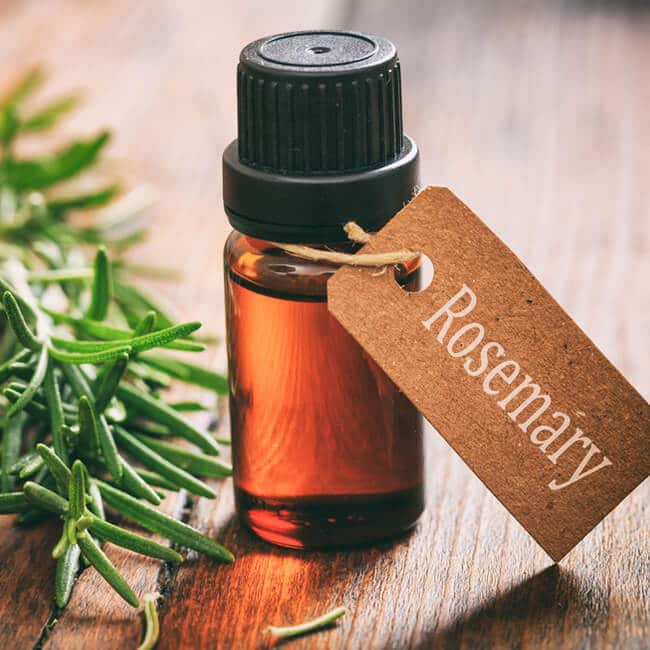
Rosemary Essential Oil
Is known to have a short shelf life because it is highly volatile and oxidizes easily. Many essential oil suppliers say that you can use your rosemary oil for a maximum of 4 years. However, the manufacturer sometimes says that they are safe to use for a longer period of time, as long as they don’t exceed the recommended percentage during your blend.
Benzoin Essential Oil
Is widely used for making perfumes and incense. It has a short shelf life because it is highly volatile and oxidizes easily. Experts say that you can use benzoin for about 5 years without losing its potency. Benzoin essential oil should be stored in a warm room or in the refrigerator because it could begin to lose its potency if exposed to extreme temperatures.
Marjoram Essential Oil
Is another essential oil found in many perfumes? It has a long shelf life because it is highly volatile and oxidizes easily. Experts say that you can use marjoram essential oil for up to 10 years without losing its potency. However, most experts advise against using it in blends since this may decrease the efficacy of your products.
Clove Essential Oil
Is used for making perfumes and incense. It has a short shelf life because it is highly volatile and oxidizes easily. Experts say that you can use clove for about 3 years without losing its potency.
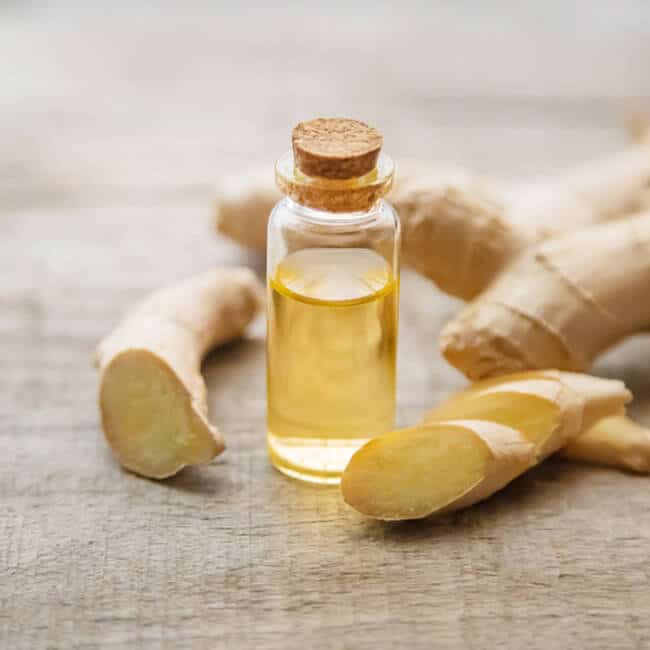
Ginger Essential Oil
Is good for soothing rashes, muscle pain, and inflammation. It has a short shelf life because it is highly volatile and oxidizes easily. Experts say that you can use ginger for up to 2 years without losing its potency. Some experts warn against using ginger essential oil if you are pregnant or breastfeeding because it could cause uterine contractions.
Rosewood Essential Oil
Is meant for external use only. It has a long shelf life because it is highly volatile and oxidizes easily. Experts say that you can use rosewood for up to 5 years without losing its potency.
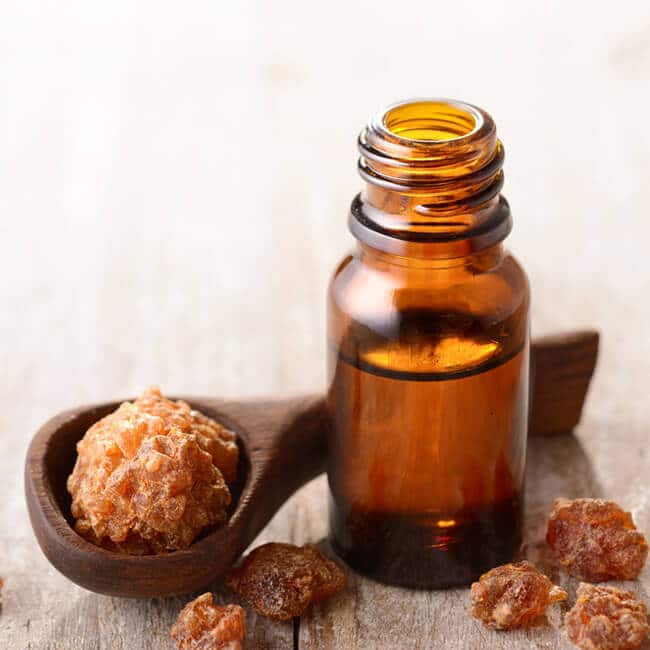
Myrrh Essential Oils
Is one of the longest-lasting essential oils is mainly used for making perfumes and incense and has a long shelf life because it is highly volatile and oxidizes easily. Experts say that you can use myrrh for up to 15 years without losing its potency.
Wintergreen Essential Oil
Experts agree: It should be used within 6 months from the time of purchase. You should also be cautious because is used in some over-the-counter skin preparations to relieve pain. It creates a feeling of warmth because it causes blood vessels to enlarge. It can be very dangerous if swallowed
Tangerine Essential Oil
This essential oil is great and rejuvenating to the body, heart, and mind it can stay fresh for up to 4 years. However, it is recommended to use it within 1-2 years.
Grace is a certified aromatherapist that has studied the art and science of using naturally extracted elements from plants to promote health and heal the mind, body and spirit.


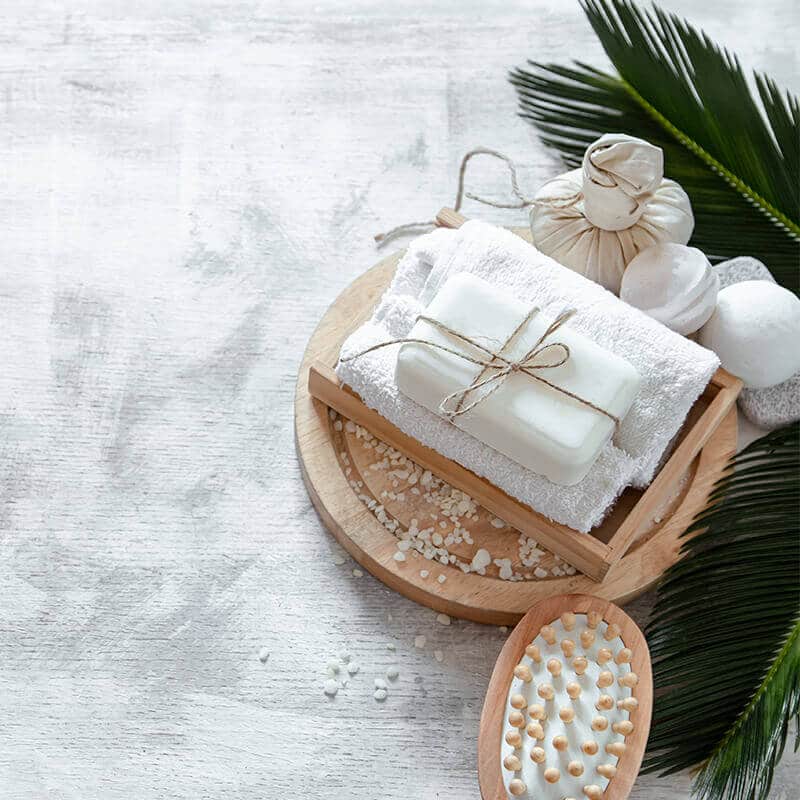
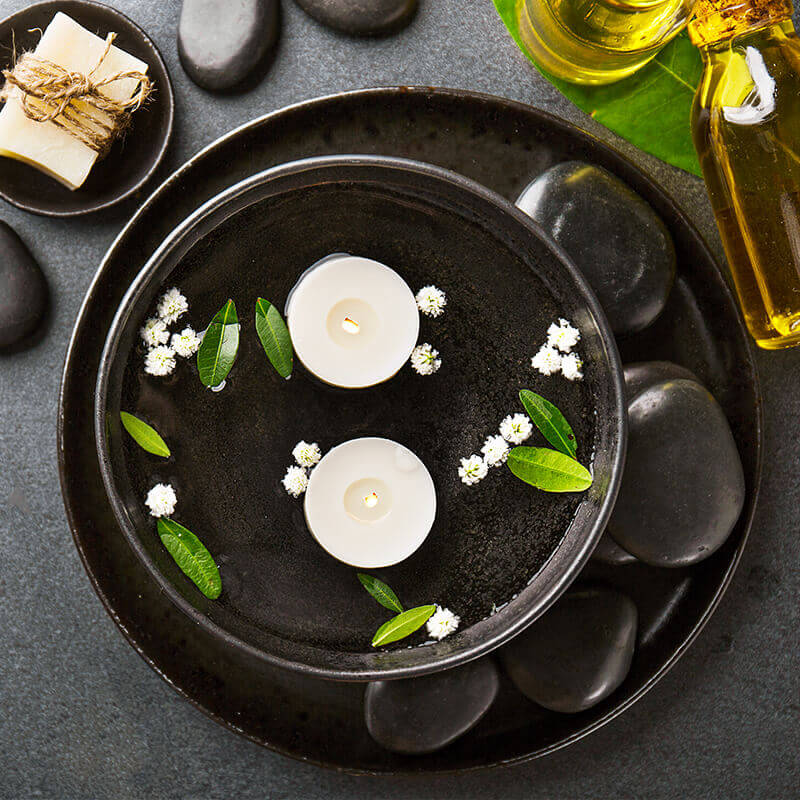
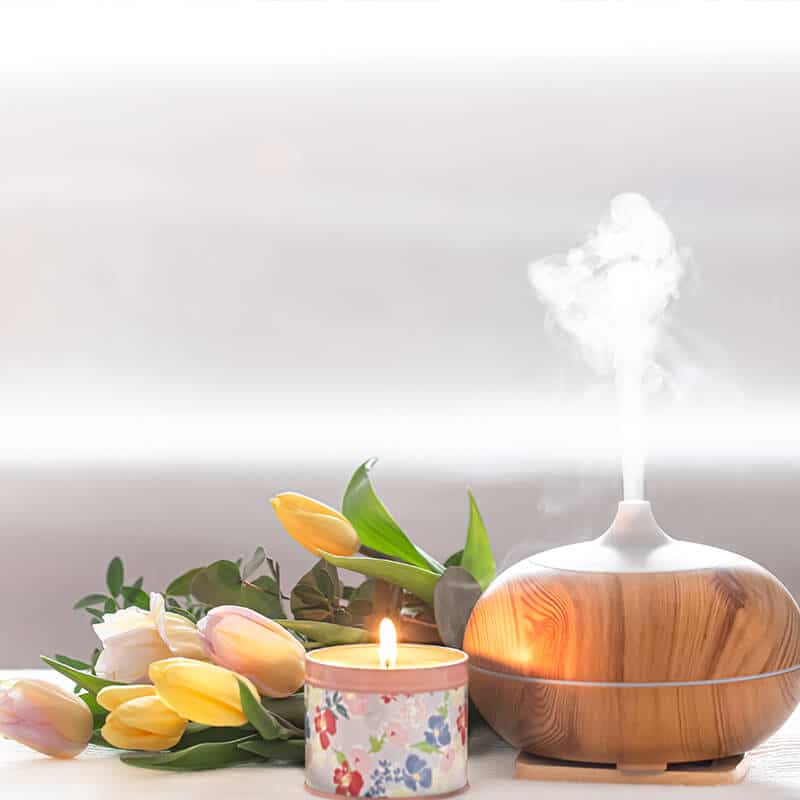
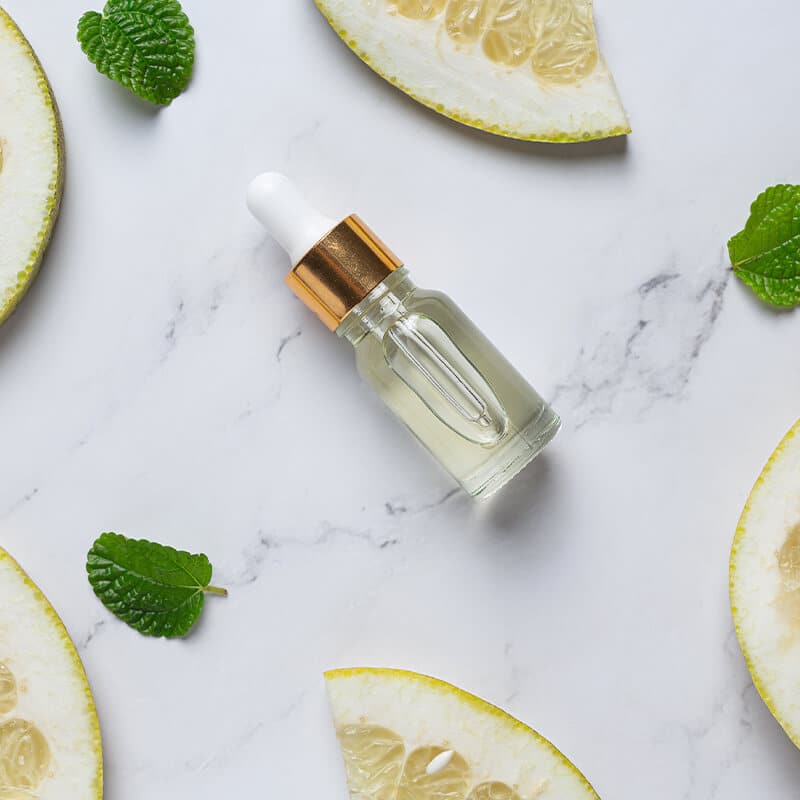
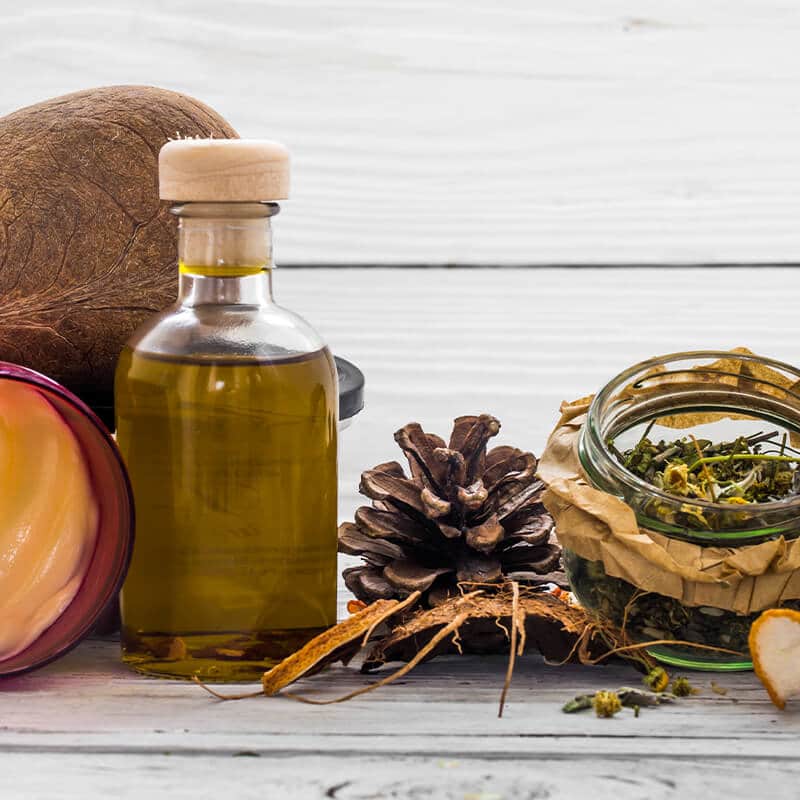
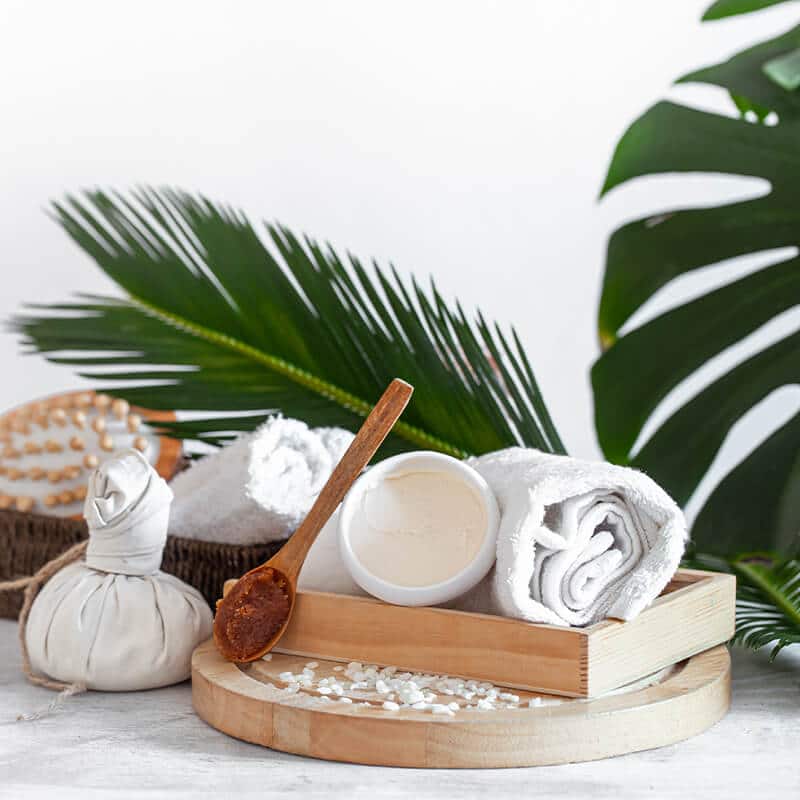
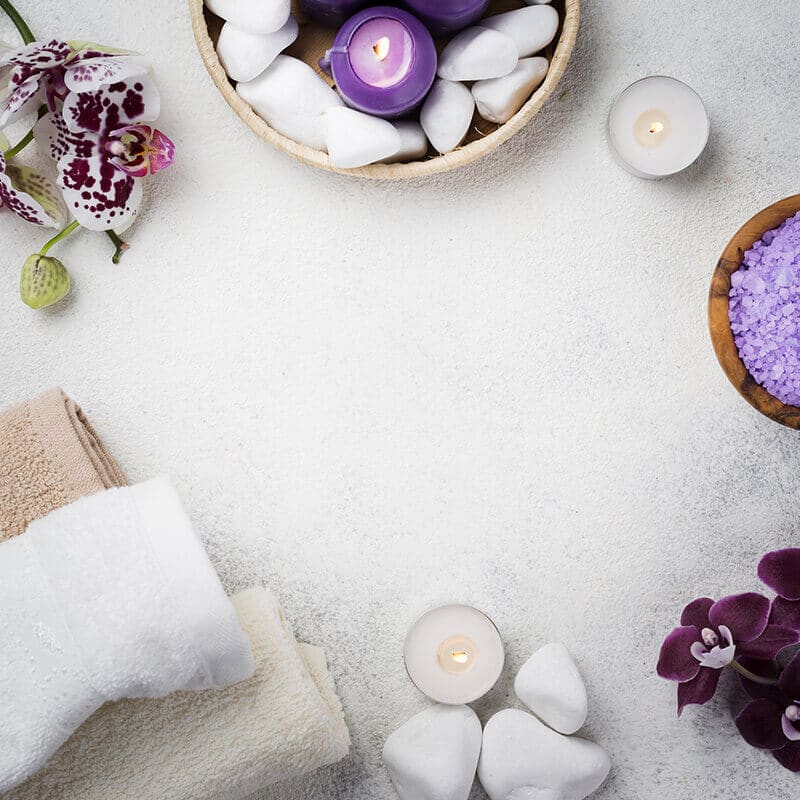
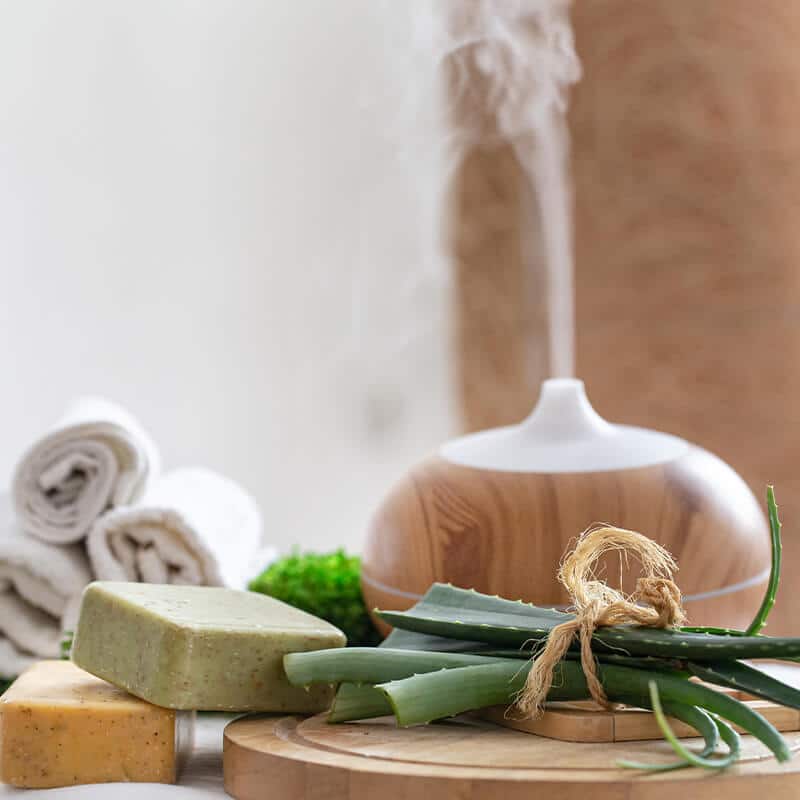
No Comments